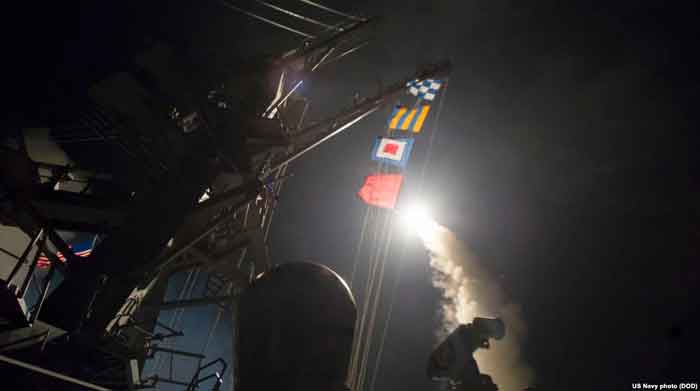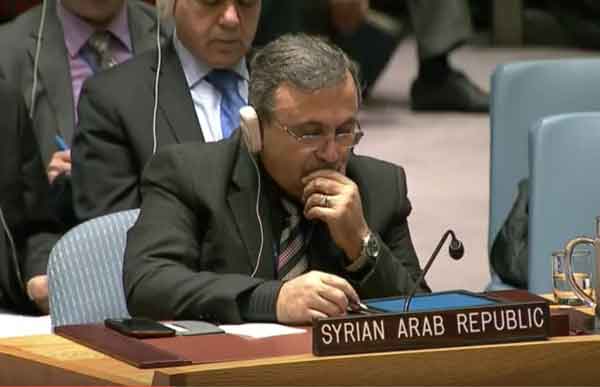CAIRO – Syria's government is laying the blame on “armed terrorists†for the killing of more than 90 civilians Friday near the city of Homs. But many witnesses insist pro-government militiamen carried out the brutal act.
Angry protests over the killings of civilians Friday in Houla continued across parts of Syria on Sunday, including the capital Damascus, where security forces fired on protesters in the Midan district.
At the same time, Syrian Foreign Ministry spokesman Jihad Makdissi told reporters the Syrian Army was not to blame for Friday’s attack, claiming instead it was committed by what he called “armed terrorists.”
He claimed that his version of what took place is fact and not hypothesis, saying hundreds of heavily armed men attacked government troops, confined to five defensive positions. Those troops, he argues, did not leave their positions except to defend themselves during a nine-hour attack, as armed men allegedly burned houses and killed civilians.
The head of the 300 member U.N.-Arab League observer force in Syria, Norwegian General Robert Mood, urged the government and the opposition to put an end to the violence. He did not directly blame either side for Friday’s massacre, but noted government tanks had fired at houses inside one of the villages where the massacre took place.
Arab satellite channels showed an amateur video of a resident of that village, Teldau, meeting with a U.N. observer team and complaining about the cruel behavior of government forces. “My God, we are men,” he said, “we are men and they are killing us as if we were less than donkeys. We were created by God. Can it be that they are not God-fearing men?”
Khattar Abou Diab, who teaches political science at the University of Paris, says the Syrian government has a long history of using brutality and repression to deal with opposition.
|
|
He argued the government has a bad habit of using brutal force to put down rebellions, such as the one in Hama in 1982, which killed thousands of people, as well as brutality against prisoners. He adds the Assad government has done everything possible to militarize the current conflict and turn it into a sectarian affair in order to remain in power.
The acting head of the opposition Syrian National Council, Burhan Ghalyoun, urged the international community to “assume its responsibilities in protecting the Syrian people,” or face the prospect of a widening war to liberate the country.
U.N.-Arab League envoy Kofi Annan is due to visit Syria to discuss increasing levels of violence with government officials on Monday. General Mood of the U.N. observer force noted Sunday the government and the opposition appear not to be respecting Mr. Annan’s six-week-old cease-fire.



